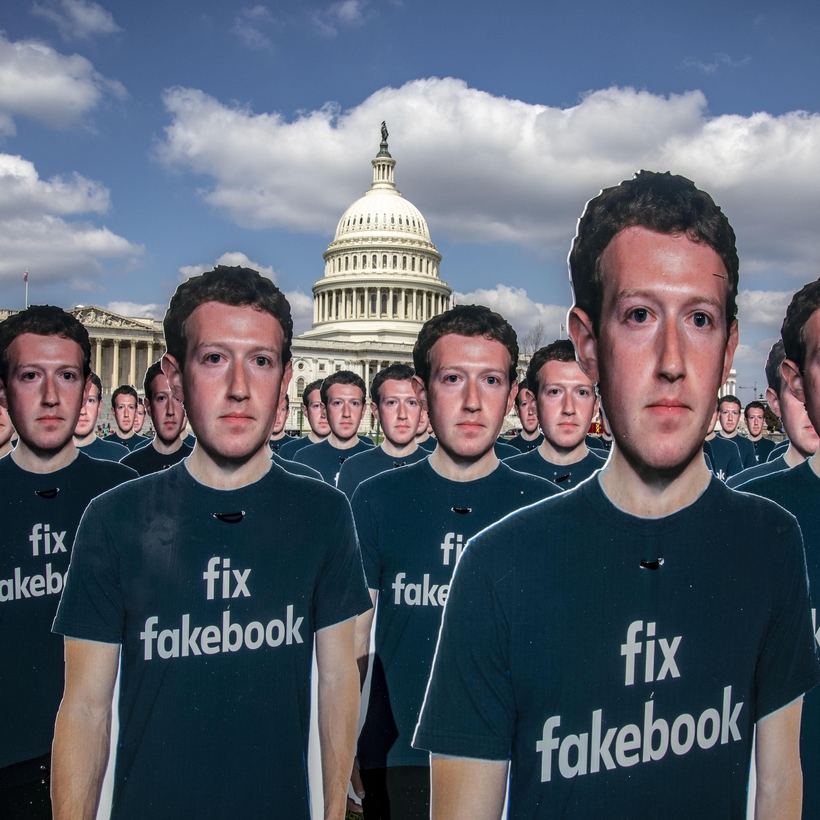The big frustration with the world, if you’re Mark Zuckerberg, is that most people aren’t you. So you build a social network, and annoyingly people don’t quite use it as Mark Zuckerberg would. Even Harvard students aren’t all Mark Zuckerberg, and the general public certainly aren’t. Man, it’s annoying. Repeatedly, they fail to have your best interests at heart.
Eventually, you begin to perceive the problem. So you employ a very impressive woman called Sheryl Sandberg. Her main value to your company is that she is completely not Mark Zuckerberg, but there is also a really annoying problem with her, which is the same thing. This makes you ignore her, even while your company swells, expanding the problem of people not being Mark Zuckerberg on to a global scale.

